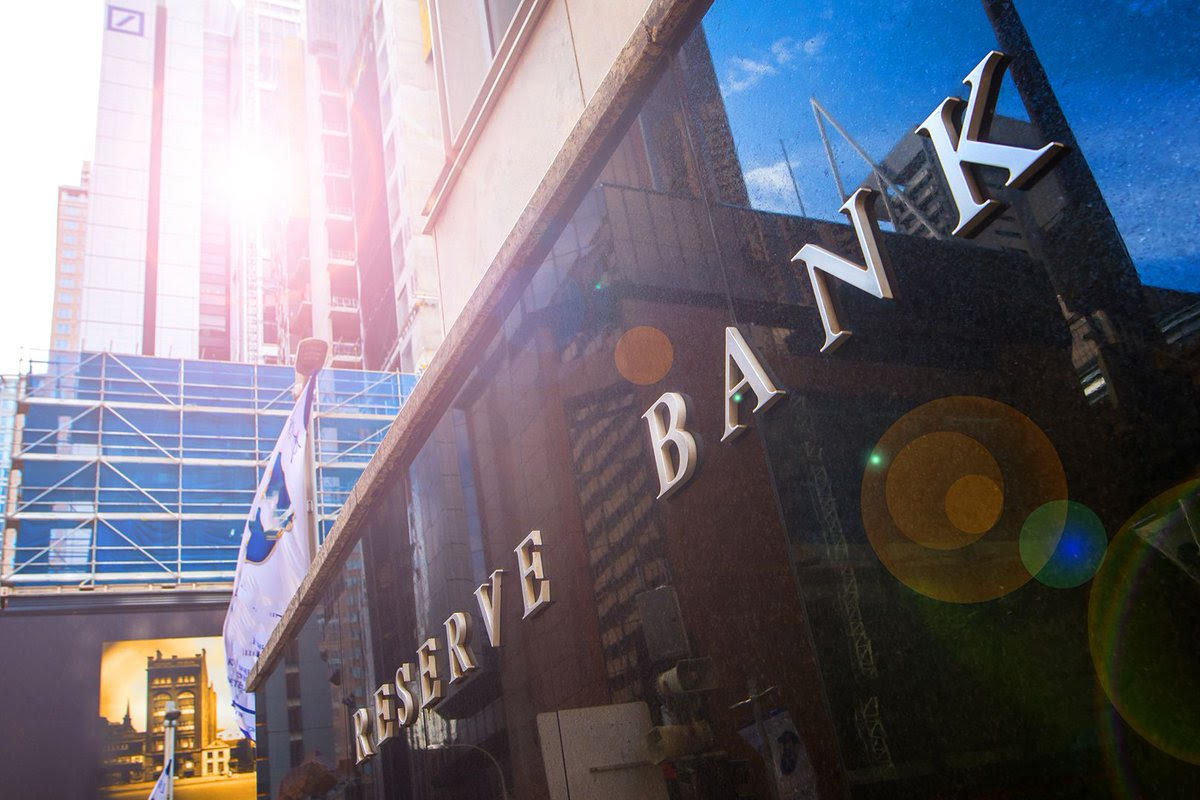
Sydney: Australia’s central bank has cut the official cash rate by 0.25 per cent to a new record low of 0.75 per cent.
The long-expected move follows months of signals from governor Philip Lowe that the Reserve Bank was prepared to push rates lower to increase employment and lift stubbornly low inflation back into the 2-3 per cent target band.
The RBA’s cut marked the third reduction in the cash rate in five months.
In a statement, Lowe explained that although the “outlook for the global economy remains reasonable, the risks are tilted to the downside”, with the US–China trade dispute affecting global trade and businesses scaling back their investment.
Lowe said it was “reasonable to expect that an extended period of low interest rates will be required”, suggesting the RBA is “prepared to ease monetary policy further”.
Australia’s economy grew by 1.4 per cent in the year to June – the lowest recorded annual rate since 2009 – which Lowe noted was “weaker than expected”.
With the unemployment rate rising from 5.0 per cent at the start of the year to 5.3 per cent in August and an inflation rate of 1.6 per cent, experts expect rates to fall at least as low as 0.5 per cent to further stimulate the economy after two successive cuts in June and July.
Lowe said the economy had reached a “gentle turning point”, with growth a little higher over the first half of this year than over the second half of 2018.
“The low level of interest rates, recent tax cuts, ongoing spending on infrastructure, signs of stabilisation in some established housing markets and a brighter outlook for the resources sector should all support growth,” he said.
But Lowe warned that “employment growth is likely to slow from its recent fast rate” and noted that “wages growth remains subdued and there is little upward pressure at present”, with increased labour demand being met by more supply and public sector pay caps suppressing wages.
“The main domestic uncertainty continues to be the outlook for consumption, with the sustained period of only modest increases in household disposable income continuing to weigh on consumer spending.”
Lowe said the Australian economy “has spare capacity and lower interest rates will help make inroads into that”.
The Morrison government is reluctant to stimulate through monetary policy, citing capacity constraints and a desire to return to surplus.
The treasurer, Josh Frydenberg, has pointed to the government’s existing infrastructure package and income tax cuts that will show up in next quarter’s growth figures to justify resisting Lowe’s calls for further fiscal stimulus.
Labor seized on the rate cut, with the shadow treasurer, Jim Chalmers, arguing “if the Liberals were doing a good job managing the economy the Reserve Bank wouldn’t have needed to cut interest rates to another new record low today”.
“Australians are struggling, the economy is growing at its slowest pace in a decade, wages are stagnant, and the RBA is getting no help from the Morrison government,” he said.
But Frydenberg put the emphasis on the RBA’s reference to “the trend to lower interest rates globally” – suggesting it had responded to global conditions rather than domestic economic weakness.
He said it was “completely reckless of Labor to be talking down the Australian economy” and claimed Labor had opposed income tax cuts which, in fact, they voted for in the parliament.
Frydenberg urged lenders to pass on the rate cut, suggesting the full 0.25 per cent was worth $720 a year to families with a mortgage of $400,000.
Frydenberg defended the Coalition’s goal of returning to surplus in 2019-20, suggesting that paying down debt would give the government a “buffer” to maintain a AAA credit rating and withstand economic shocks with future spending.
The Australian Chamber of Commerce and Industry urged lenders to pass on the cut to give households the “greatest benefit” from lower interest rates.
Before the third interest rate cut this year analysts including Deloitte Access Economics had warned that successive cuts have left Australia little “wriggle room” to revive the economy in the event of a further downturn.
The House of Representatives economics committee chair Tim Wilson has also publicly questioned the effectiveness of monetary policy and whether interest rate cuts are fuelling house prices, which are recovering fast in Sydney and Melbourne on the back of looser lending rules.